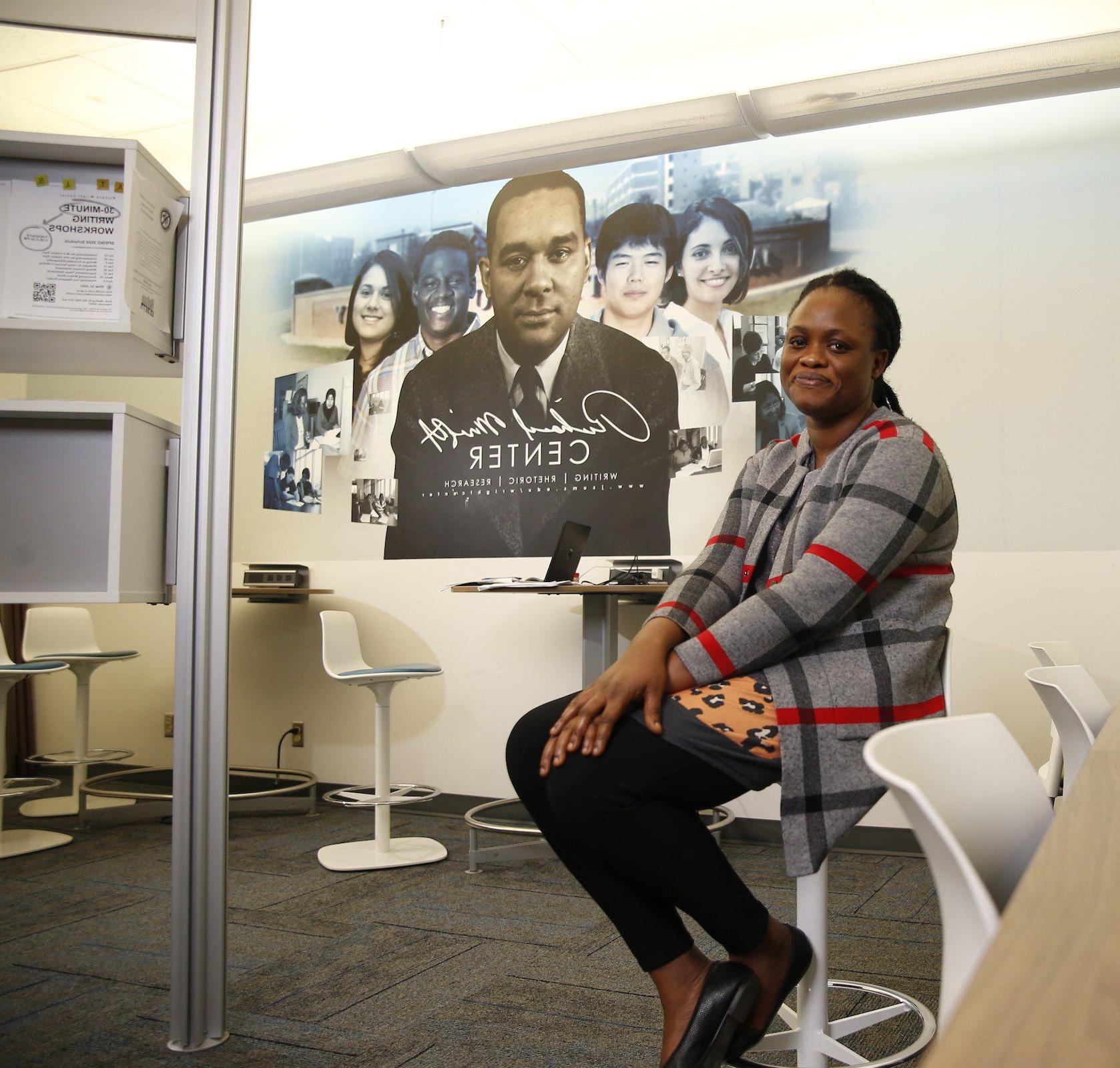The Richard Wright Center for Writing, Rhetoric, and Research

Resources For Faculty
We offer support for JSU faculty in the following areas:
-
- developing assignments and rubrics for papers, presentations, and research projects
- articulating student learning outcomes (SLOs)
- identifying strategies for responding to student writing
- writing for publication
To request an individual consultation or a departmental workshop, please contact Dr. Wonderful Faison at wonderful.faison@cp55586.com, 601.979.0989.
To inform your students about the RWC, please consider suggestions below.
Include a paragraph about RWC in your course syllabus
Richard Wright Center (RWC): The Richard Wright Center for Writing, Rhetoric, and Research provides an environment for intellectual engagement beyond the classroom. At any stage of the creative and research processes, students may interact with trained tutors using technology to develop written, oral, and visual representations of their ideas for an academic audience. Location: H. T. Sampson Library, 1st floor. For hours, workshops, writing resources, or to make an appointment, go to rwet.cp55586.com/wrightcenter, or call 601-979-0694.
Read and share with students our blog post What We Do and Why and the article by Ben Rafoth Why Visit Your Campus Writing Center.
Distribute flyers about the Richard Wright Center to your students.
Flyer for Undergraduate Students
Flyer for International Students
For more information about the ways we support students, visit our Students page.
Other Resources
Working with Graduate Student Writers: Faculty Guide
Information on WID or Writing Intensive Courses
Information on Writing to Learn
Videos on Responding to Student Writing
- No One Writes Alone: Peer Review in the Classroom, A Guide for Students
- No One Writes Alone: Peer Review in the Classroom, A Guide for Instructors
You Don’t Have to Be an Expert in Grammar to Assign Writing.
What Makes a Good Writing Assignment?
Strategies for Getting Better Student Writing
Getting the Most out of Peer Review
Multimodal Writing Projects
This sources offers the “right questions” to ask students to consider when assigning multimodal projects, “starting with the genre and rhetorical situation: What does your audience need to know? And how do you design a text that effectively addresses your audience’s needs?” The instructor’s manual offers an annotated table of contexts and bibliography, sample syllabi for different levels of courses, a range of assignments and assessment strategies to help you think about what you would like your students to learn as they explore and engage in multimodal communication.
If you, or your students, are seeking a professional editor, please refer to this page.
DEDICATED TO YOU
Our writing consultants are trained to work with students on a wide range of writing projects, including:
- Academic papers and essays
- Research proposals and papers
- Personal statements and scholarship applications
- Lab reports and scientific papers
- Creative writing
- Business and technical writing
Our Richard Wright Writing Center for Writing, Rhetoric, and Research is open to all students and our services are provided free of charge. We offer both online and in-person consultations and we schedule appointments in advance or welcome walk-ins.

Our Vision
Our goal is to help students become more confident and proficient writers and to empower them to take ownership of their own learning and writing process. Whether you are struggling with a specific writing assignment or just want to improve your writing skills, we are here to help.

